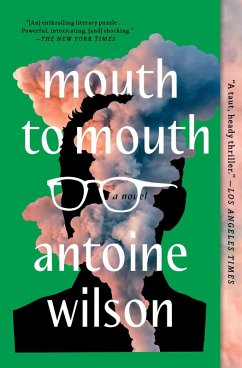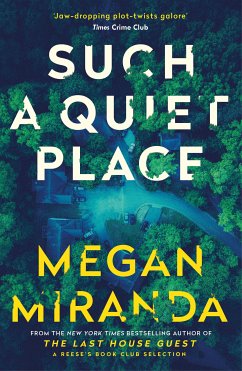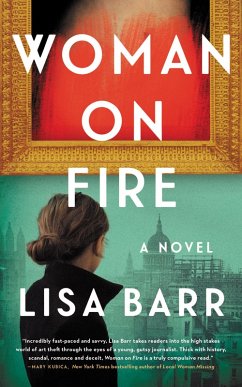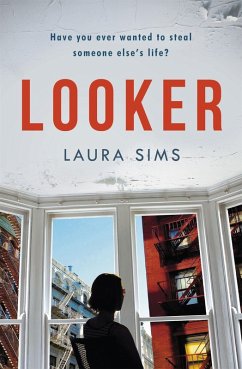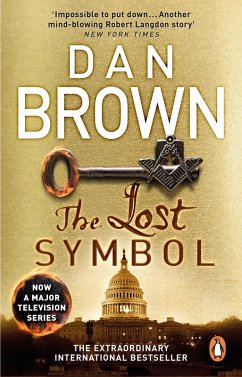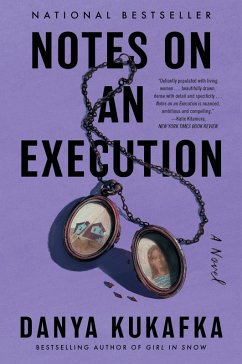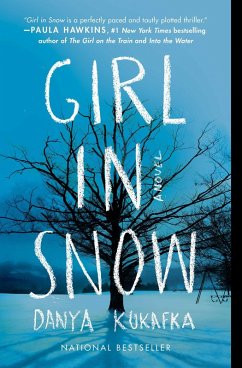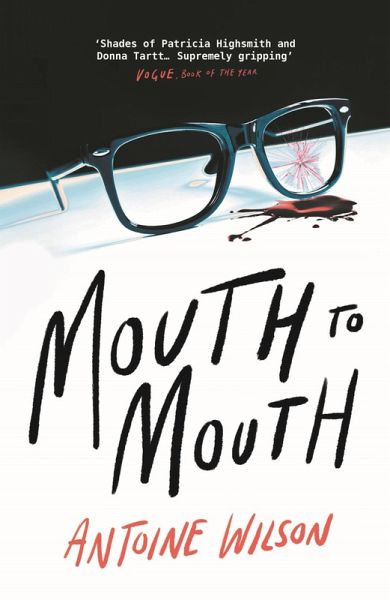
Mouth to Mouth (eBook, ePUB)
'Gripping... Shades of Patricia Highsmith and Donna Tartt' Vogue

PAYBACK Punkte
0 °P sammeln!
A Barack Obama Summer Read 'Carries distinct shades of Patricia Highsmith and Donna Tartt... Supremely gripping' Vogue, Best Books of the Year Alone on the beach one morning, Jeff notices a swimmer drowning in the rough surf. He rescues and resuscitates the unconscious man, then quietly leaves when the emergency services take over. But Jeff can't let go of the events of that traumatic day and he begins to feel compelled to learn more about the man whose life he has saved. Upon discovering that it was the renowned millionaire art-dealer Francis Arsenault, Jeff begins to visit his gallery, event...
A Barack Obama Summer Read 'Carries distinct shades of Patricia Highsmith and Donna Tartt... Supremely gripping' Vogue, Best Books of the Year Alone on the beach one morning, Jeff notices a swimmer drowning in the rough surf. He rescues and resuscitates the unconscious man, then quietly leaves when the emergency services take over. But Jeff can't let go of the events of that traumatic day and he begins to feel compelled to learn more about the man whose life he has saved. Upon discovering that it was the renowned millionaire art-dealer Francis Arsenault, Jeff begins to visit his gallery, eventually applying there for a job. Although Francis doesn't seem to recognize Jeff, he soon takes him under his wing, initiating him into a world of unimaginable power and wealth. As Jeff finds himself seduced by the lifestyle, he pursues a deeper connection with Francis, until morals become expendable and their relationship becomes ever darker, leaving Jeff finally to wonder... should he have just let Francis drown? 'Devilish' Esquire, Best Books of the Year 'Jaw-dropping' Time, Must Read Book of the Year
Dieser Download kann aus rechtlichen Gründen nur mit Rechnungsadresse in A, B, BG, CY, CZ, D, DK, EW, E, FIN, F, GR, H, IRL, I, LT, L, LR, M, NL, PL, P, R, S, SLO, SK ausgeliefert werden.




